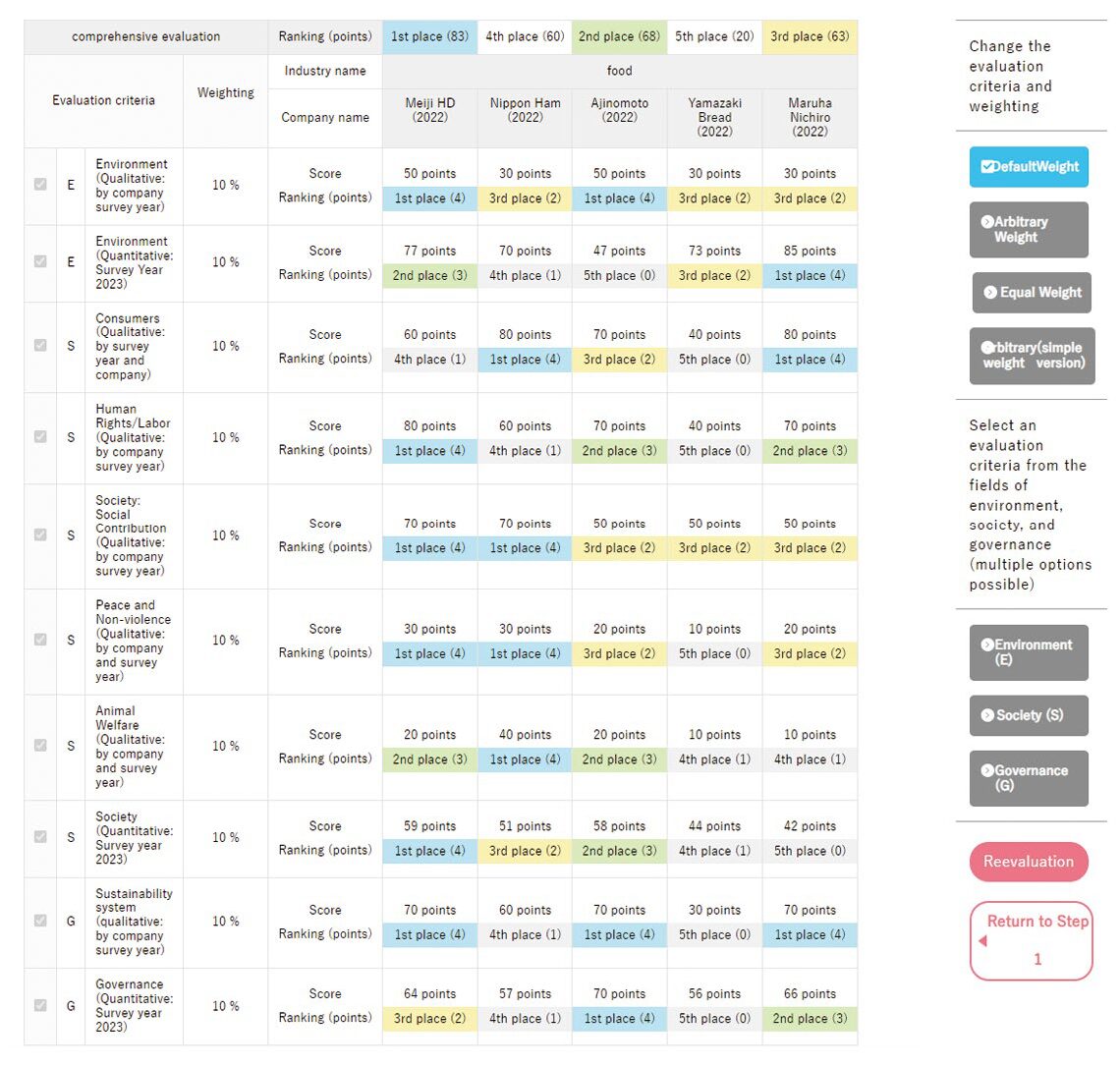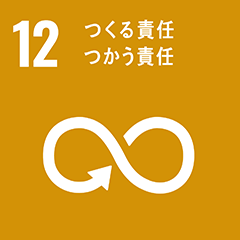Inochi Declaration
Realize a sustainable socio-economic system of Sanpo-Yoshi—beneficial for the seller, the buyer, and society—by fostering a virtuous cycle through individuals selecting companies based on ESG information that reflects corporate social value, in their roles as workers, investors, and consumers.
Over the past 30 years, Japan’s GDP has barely grown, and labor productivity has remained persistently low. Labor productivity is defined as the amount of monetary value—or added value— generated per unit of labor time. As the working population shows no signs of increasing, Japan is faced with a historically rare situation: national debt amounting to 240% of GDP, raising concerns over future interest payment burdens. To restore fiscal soundness and support a sustainable society, it is essential to improve labor productivity and secure sufficient added value. In Japan, the markup rate— which reflects the pricing power of goods and services—is significantly lower than global standards. Similarly, real wages, the monetary value assigned to labor, have remained stagnant or declined over the past three decades.

App view for evaluating and comparing ESG of companies
To address this challenge, the Core Project of the University of Osaka Social Solution Initiative (SSI), titled “Realization of an Empathetic Economy through the Promotion of Stakeholder-ESG Management, Ethical Consumption and Sustainable Procurement” (PI: Professor Takeshi Ito, SSI), seeks to realize a society guided by Sanpo-Yoshi (beneficial for the seller, the buyer, and society). This entails exploring pathways for corporations and industries to enhance their markups while earning empathy from consumers and society, thereby increasing the added value of labor, goods, and services.
A practical pathway toward this vision is to enable workers, investors, and consumers to evaluate and select companies based on disclosed ESG (Environmental, Social, and Governance) information. In such an environment, as companies compete transparently, the ESG standards of businesses, industries, and society as a whole are expected to rise. ESG disclosures reflect corporate behavior toward suppliers, employees, the environment, and local communities. In other words, ESG represents the social value a company provides—their true societal impact—and it constitutes the substance of a corporate brand. To enhance these social impacts through competitive efforts, our project is developing an application called the “Sustaina App” to facilitate ESG comparisons. This app assigns scores to corporate efforts across categories such as environmental performance, human rights, social contributions, animal welfare, and governance. It is designed to support stakeholders—consumers, job seekers, etc.—in making informed decisions about where to buy or work. The project is currently engaging not only publicly listed companies, which are leading ESG disclosure, but also reaching out to unlisted companies.
The project advocates for pricing things of value appropriately, based on evaluations and support from stakeholders. While improving ESG performance involves costs, these costs—when they represent true value—should rightly be reflected in prices. Even after Japan’s so-called “Lost 30 Years,” the economy still suffers from unpaid or excessive services and low wages, with valuable things remaining undervalued. A particularly urgent issue is increasing wages, which fall under the “Social” category of ESG—that is, assigning proper value to labor. To achieve this, all industries must be able to fully incorporate ESG-related value into the pricing of their goods and services. This requires the empathy and cooperation of all stakeholders—not only corporations, but also consumers, investors, and workers.
Based on this vision, the project will intensify its outreach efforts based on this vision. We aim to further develop and disseminate the “Sustaina App” by leveraging AI for data collection, creating spaces such as workshops and interactive events, collaborating with other organizations involved in the Inochi Forum, and engaging in joint research with companies.
The Inochi Forum, together with this project, will develop methods that enable workers, investors, and consumers to select companies based on ESG information and to establish ESG-conscious lifestyles. Through this, we seek to build a sound cycle of value creation based on Sanpo-Yoshi, where companies generate added value in a virtuous and sustainable economy that benefits all.
[References]
・The University of Osaka Social Solution Initiative Core Project: “Realization of an Empathetic Economy through the Promotion of Stakeholder-ESG management, Ethical Consumption and Sustainable Procurement”
https://www.ssi.osaka-u.ac.jp/activity/core/empathyeconomy/
[Action Platform]
Economy, Employment and Poverty
[SDGs]




